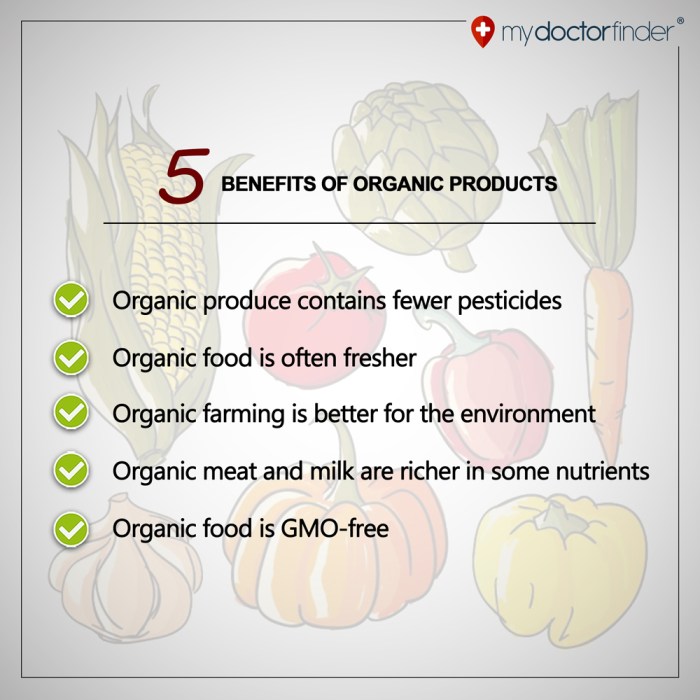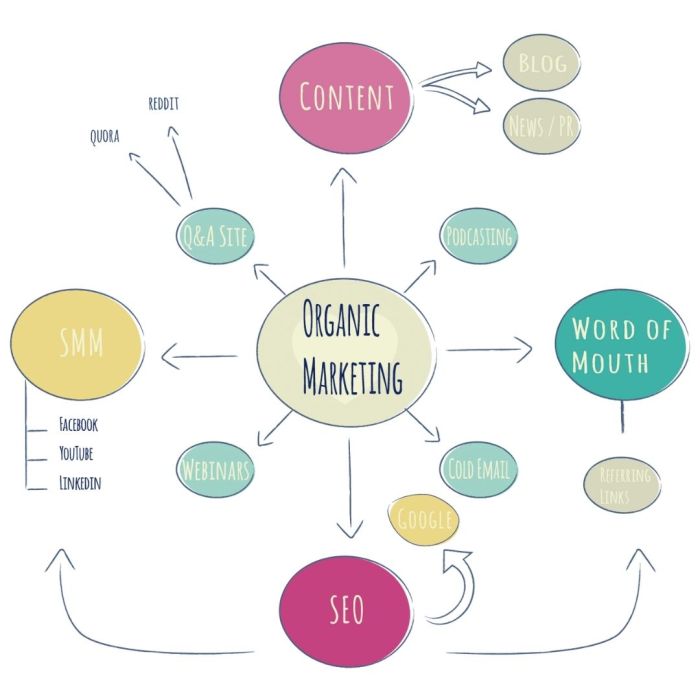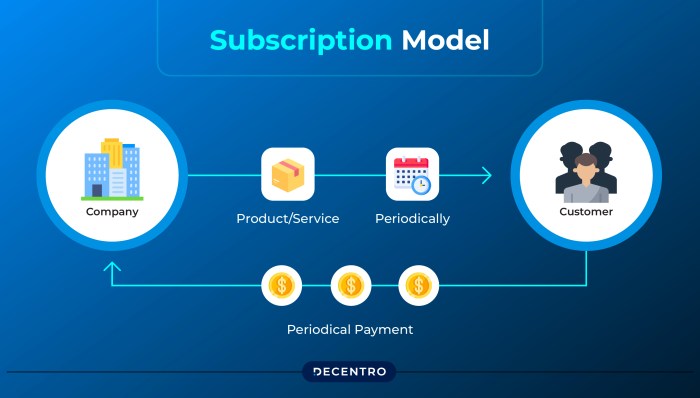Exploring the Benefits of Organic Markets
Delve into the world of organic market benefits where sustainability, health, and community intertwine to create a unique shopping experience. Get ready to uncover the advantages that organic markets offer over conventional ones.
Benefits of Organic Markets
Organic markets offer a range of advantages that go beyond just providing fresh produce. These markets play a crucial role in promoting environmental sustainability, supporting local farmers, and offering health benefits to consumers.
Environmental Sustainability
Organic markets promote environmental sustainability by encouraging organic farming practices. These practices focus on maintaining soil health, reducing pollution, and conserving water resources. By supporting organic markets, consumers contribute to a more sustainable food system and help protect the environment for future generations.
Health Benefits
Consuming organic produce from these markets means avoiding synthetic pesticides, hormones, and genetically modified organisms (GMOs). Organic fruits and vegetables are rich in nutrients and free from harmful chemicals, making them a healthier choice for consumers. Studies have shown that organic foods may have higher antioxidant levels and lower pesticide residues, reducing the risk of certain health issues.
Quality of Products
The products found in organic markets are often of higher quality compared to conventional markets. Organic farmers prioritize sustainable farming practices, which result in fresher, tastier, and more nutritious produce. Additionally, organic markets typically offer a variety of artisanal products, locally sourced items, and unique offerings that cater to consumers looking for high-quality, ethically produced goods.
Community Impact
Organic markets play a crucial role in supporting local farmers and small-scale producers by providing them with a platform to sell their products directly to consumers. This direct relationship helps these producers receive fair prices for their goods and enables them to sustain their livelihoods.
Supporting Local Farmers and Producers
Organic markets act as a bridge between local farmers and consumers, creating a direct connection that benefits both parties. By eliminating the need for intermediaries, farmers can earn a higher percentage of the final retail price, leading to increased profitability and sustainability for their businesses.
This direct interaction also allows consumers to learn more about where their food comes from, fostering a sense of trust and transparency in the food system.
Community Involvement and Initiatives
Organic markets often organize community events such as farmers' markets, workshops, cooking demonstrations, and educational sessions to engage with the local community. These initiatives not only promote healthy eating habits and sustainable living but also create a sense of belonging and togetherness among residents.
By bringing people together around a common interest in organic and locally sourced foods, organic markets contribute to the social fabric of the community.
Creating a Sense of Community
The presence of organic markets in a neighborhood or town can foster a strong sense of community by providing a gathering place for residents to connect, share ideas, and support each other. These markets serve as more than just a place to shop for fresh produce; they become hubs of social interaction and cultural exchange.
Through regular visits to the market, people develop relationships with vendors, fellow shoppers, and community organizations, strengthening the bonds that tie them together.
Product Variety and Quality
When it comes to organic markets, one of the key factors that set them apart is the wide range of organic products available and the high quality standards they adhere to.
Range of Organic Products
Organic markets typically offer a diverse selection of organic products, including fruits, vegetables, grains, dairy products, meats, and even household items like cleaning supplies. This variety allows consumers to fulfill all their grocery needs while supporting sustainable and environmentally-friendly practices.
Quality Standards
Organic markets follow strict quality standards to ensure that the products they offer are free from synthetic pesticides, chemicals, and genetically modified organisms
Freshness and Taste
Organic products are known for their freshness and superior taste compared to non-organic alternatives. This is because organic fruits and vegetables are often harvested at peak ripeness and do not contain artificial preservatives, allowing their natural flavors to shine through.
The result is a more enjoyable and nutritious eating experience for consumers.
Authenticity Assurance
To guarantee the authenticity of their products, organic markets often work directly with local farmers and producers who follow organic farming practices. This direct relationship ensures transparency in the supply chain and gives consumers peace of mind knowing where their food comes from and how it is produced.
Economic Benefits

Organic markets not only have a positive impact on health and the environment but also play a significant role in boosting local economies. Let's delve into how these markets contribute to economic growth and sustainability.
Job Creation and Community Impact
Organic markets create job opportunities within the community by supporting local farmers, artisans, and vendors. By sourcing products locally, these markets help small businesses thrive, leading to the creation of more employment opportunities. This not only benefits the individuals directly involved but also contributes to the overall economic development of the community.
Cost Savings and Affordability
Shopping at organic markets can lead to potential cost savings in the long run. While organic products may have a slightly higher price tag compared to conventional items, the quality, freshness, and nutritional value they offer can outweigh the cost.
Additionally, by buying directly from producers at these markets, consumers can often find competitive prices and deals that make organic products more affordable.
Success Stories and Partnerships
There are numerous success stories of businesses that have benefited from partnering with organic markets. By providing a platform for local producers to showcase their goods, these markets help businesses reach a wider audience and increase their sales. This not only boosts the revenue of the businesses but also strengthens the local economy as a whole.
Final Thoughts

In conclusion, organic markets not only provide high-quality products but also foster community engagement and support local economies. The ripple effects of choosing organic extend far beyond the shopping cart, leaving a positive impact on both consumers and producers alike.
Key Questions Answered
Are organic products more expensive than non-organic ones?
While organic products may have a slightly higher price tag, the long-term health and environmental benefits outweigh the cost difference.
How do organic markets ensure the authenticity of their products?
Organic markets often have strict certifications and sourcing standards in place to guarantee the authenticity and quality of their products.
Do organic markets only sell food products?
No, organic markets typically offer a diverse range of products, including beauty items, household goods, and more, all adhering to organic standards.




